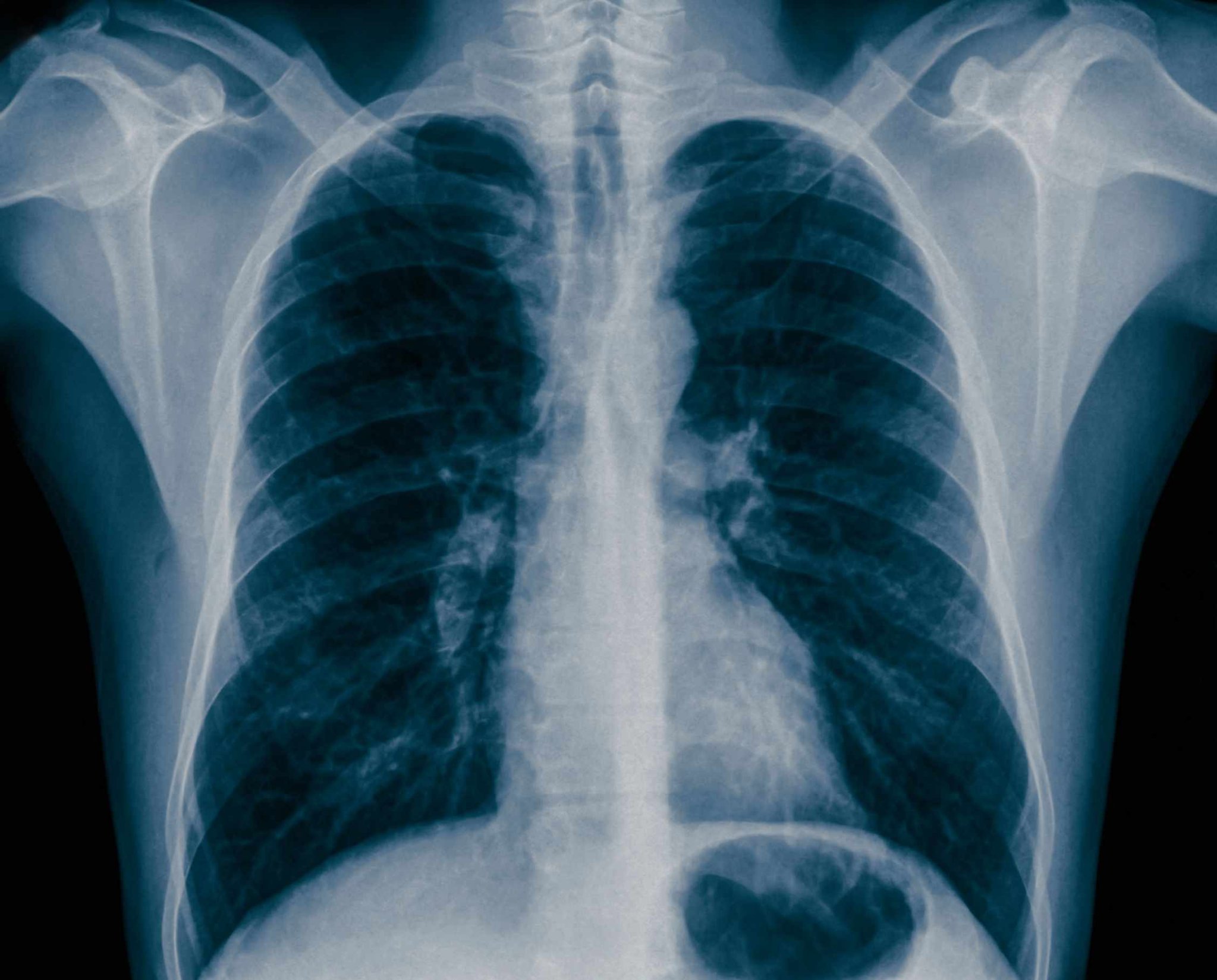AI CAN PREDICT THE RISK OF HEART DISEASE BY ANALYSING A SINGLE CHEST X-RAY
The model could be used to identify at-risk patients who are not currently taking preventative medication

Heart disease is one of the biggest killers in the UK. According to the British Heart Foundation, cardiovascular diseases are currently responsible for around a quarter of all UK deaths, which is around 160,000 deaths per year. Patients deemed to be most at risk are prescribed statins, which are drugs that lower the level of cholesterol in the blood and protect the insides of the artery walls. But signs of the disease are not always picked up early, meaning that many patients who would benefit from taking the drugs are not receiving them.
Now, researchers based at Massachusetts General Hospital have developed a deep-learning AI model that can reliably predict a patient’s 10-year risk of death from a heart attack or stroke by analysing a single chest X-ray.
The team trained the AI, named CXR-CVD Risk, using 150,000 chest X-rays taken from more than 50,000 participants in a prostate, lung, colorectal and ovarian cancer screening trial carried out by the National Cancer Institute.
They then tested it on data taken from more than 11,000 patients with a mean age of 60 who were potentially eligible for statin therapy and who’d had routine outpatient chest X-rays.
They found that almost 10 per cent of the patients suffered a major cardiac event, such as a heart attack or stroke, within the 10-year period following the X-rays. Of these, the CXR-CVD Risk model was successfully able to predict 65 per cent.
“We’ve long recognised that X-rays capture information beyond traditional diagnostic findings, but we haven’t used this data because we haven’t had robust, reliable methods. Advances in AI are making it possible now,” said Dr Jakob Weiss, of Massachusetts General Hospital.
“The beauty of this approach is you only need an X-ray, which is acquired millions of times a day across the world.”